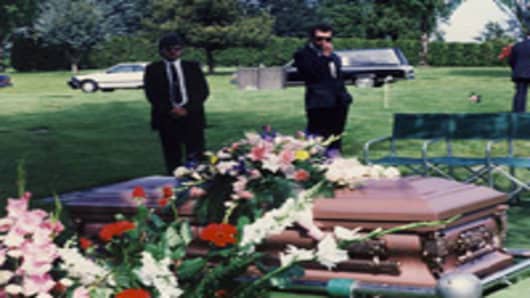Most Americans die in their seventies—women between 76 and 78 and men between 72 and 74.
At first look, it would then follow that if the oldest Baby Boomers are now only 65 years old, the funeral industry is certainly going to have to wait a few years for this crush of new customers.
The logic and math work, but there are a couple of other factors at work here. One is the size of the Boomer generation and the other is their overall health.
By virtue of the Boomers’ sheer numbers, millions have died already and many will die before reaching the average mortality age. The funeral industry is already feeling this impact.
The health of the Boomer generation is another wild card. Obesity is epidemic, for one. And for those Boomers who abused drugs and alcohol in the sixties and seventies, it could cause premature death.
As if the beleaguered funeral industry didn’t have enough problems, will the Boomers change the way funeral services are used? As a generation, Boomers change things—everything. So that’s likely a yes.
So with the Boomers' history in mind, the following questions come to mind: Will funeral homes remain relevant? How many Boomers will chose to be cremated? Will the somber tones and creepy music of the traditional funeral be replaced with celebration and rock ‘n’ roll? Will there be religious services? Or, if it’s available, will they buy a funeral kit online or at Wal-Mart and handle their own funerals? Will funeral services be cyber rather than in-person? Will the deceased live on as avatars? How will funeral directors communicate with Generation Y kids as they make funeral arrangements for their Boomer parents?
The funeral industry is at a crossroads, with change bearing down on it. The next five years or so will be defining. Demand will most certainly increase and the progressive contingent will prepare, change and dramatically prosper.
Bob Dylan pondered this idea when he penned the lyrics, “The times, they are a changing….” And how!




